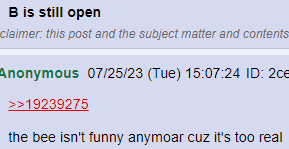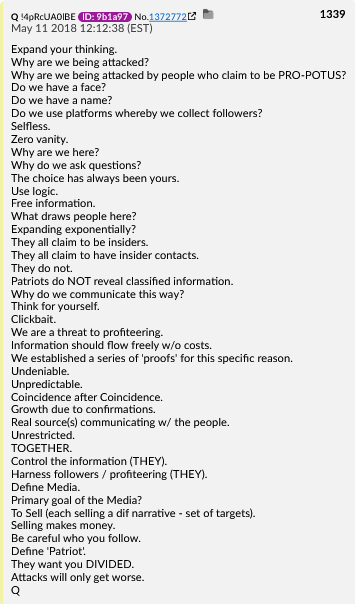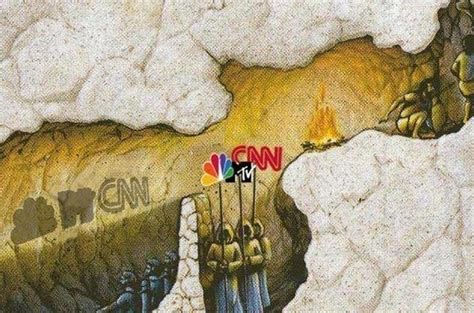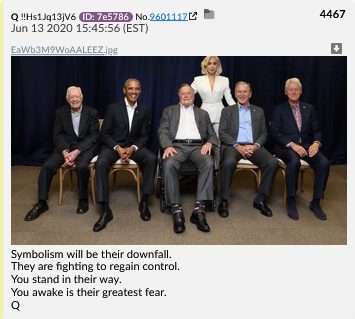Babylon Bee, Intellectual Community in the Heart of Texas, and Plato's Cave
- Rooster

- Jul 25, 2023
- 4 min read
>Prefacing this notable with notice of claims of Seth Dillon being in the tank for Desantis... There was also Charlie Kirk and Dave Rubin arguing Trump / Desantis at the same time...
Seth Dillon: In An Age of Absurdity, We Need More Mockery July 2023 https://www.youtube.com/watch?v=lJBsKpaED1c
90 mins Seth Dillon is the CEO of the world’s leading satire site, the Babylon Bee. After being censored by Big Tech for telling a joke, Dillon recently testified before the House Energy Committee, where he defended free speech and made the moral case for mockery. In this lecture, Dillon discusses the war on truth and what we can do about it. Dillon delivered this lecture to UATX's Forbidden Courses students on June 20, 2023 in Dallas, Texas. Each summer, the Forbidden Courses gather courageous thinkers to explore the great human questions of our time. great talk, even better Q&A


A new university showcases its academic ethos to high schoolers.

Plato's Allegory of the Cave and its Relevance in the Context of Today's Censorship and Mockingbird Media Propaganda Machine
Plato's Allegory of the Cave, found in Book VII of "The Republic," is one of the most influential philosophical parables in Western thought. Written over two millennia ago, the allegory explores the concept of enlightenment and the nature of reality. In this essay, we will delve into the depth of meaning within the allegory and its relevance to the contemporary issues of censorship and the media propaganda machine often referred to as the "Mockingbird Media."

In the Allegory of the Cave, Plato presents a metaphorical scenario where prisoners are confined within a cave, facing a wall, and can only see the shadows of objects projected by a fire behind them. These prisoners perceive these shadows as reality, as they have never experienced the outside world. When one prisoner escapes the cave and sees the sunlight outside, he is initially blinded by the truth but eventually comes to understand the real world, far more vivid and meaningful than the mere shadows he previously knew. The allegory addresses the philosophical journey from ignorance to enlightenment. It emphasizes the distinction between the perceived reality and the true reality, representing the human condition and the challenges of gaining knowledge and understanding. In today's world, censorship has become a concerning issue, particularly with the rise of digital media and social platforms. Governments, corporations, and other powerful entities often control information flow to manipulate public perception and maintain their influence. Censorship restricts access to information, limiting people to a narrow perspective, akin to the prisoners in Plato's cave who only see shadows on the wall.
Censorship is often justified under the guise of maintaining social order or protecting citizens from harmful content. However, it can lead to a lack of critical thinking and an uninformed populace. The imprisoned minds in the cave are analogous to individuals subjected to censorship, as they are denied the opportunity to explore different perspectives and arrive at independent conclusions. The term "Mockingbird Media" refers to the alleged collusion between the media and government agencies to disseminate propaganda and shape public opinion. This term is derived from Operation Mockingbird, a clandestine CIA program during the Cold War era that sought to influence media outlets for political purposes.

In the context of Plato's allegory, the Mockingbird Media acts as the puppeteers projecting the shadows on the cave wall. It controls the narratives, selectively choosing what information to present and what to conceal. Through biased reporting, misinformation, and omission of facts, the media manipulates the perception of reality, keeping the public within the confines of the metaphorical cave.

In Plato's allegory, the prisoner who escapes and returns to the cave to free others faces resistance and disbelief. The prisoners are comfortable in their ignorance, and the truth-teller is seen as a threat to their established worldview. Similarly, those who attempt to expose the truth and challenge the narratives propagated by the Mockingbird Media often encounter skepticism and resistance.
To maintain their hold on power and control, entities behind the propaganda machine suppress alternative viewpoints and discredit dissenting voices. This process not only hinders the pursuit of truth but also fosters a polarized society where individuals are divided along ideological lines, unable to engage in meaningful dialogue.
Plato's allegory encourages individuals to question their perceived reality and seek enlightenment beyond the shadows. In the face of censorship and media manipulation, it becomes essential for individuals to cultivate critical thinking skills and engage in independent research.

The digital age has provided access to vast amounts of information, but it has also facilitated the spread of misinformation. It is incumbent upon individuals to verify sources, cross-reference information, and be discerning consumers of media. By doing so, they can free themselves from the figurative cave and make informed decisions that shape society positively. Plato's Allegory of the Cave continues to resonate in contemporary society, particularly in the context of censorship and the Mockingbird Media propaganda machine. The allegory highlights the importance of seeking knowledge and truth beyond the confines of imposed narratives. As individuals, it is crucial to be vigilant in recognizing and challenging censorship and misinformation to foster a more enlightened and informed society.
To combat the shadows cast by the Mockingbird Media, a commitment to critical thinking, open dialogue, and unbiased investigation is necessary. By doing so, we can break free from the cave of ignorance and work towards a more enlightened and democratic society, where the pursuit of truth and understanding prevails.
-written by ChatGPT3.5 edited and formatted by me.
>prompt










Opmerkingen